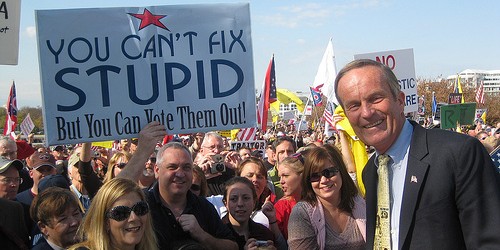
As was identified quickly by most pundits on all news programs following the presidential election results, Republican candidates had an issue with minorities and those who traditionally held little sway in election results. Among these people are women, who were not only directly targeted during the election, but who’s issues played an important role in the national dialogue. Specifically, the issues of birth control and abortion were highly controversial topics.
However, what many republicans didn’t anticipate was a general shift in the public opinion regarding many of these issues towards a much more social view, as well as a few extremely poor missteps by fellow GOP candidates in the public forum. Nevertheless, comments about “legitimate rape” and medical comments that turned out to be extremely scientifically inaccurate .
 While these incidents created PR fiascoes, ultimately resulting in many of the candidates losing their races, their issue because whether candidates should be speaking with the intention of winning certain segments of the electorate or expressing their true intentions and beliefs. Candidates found that in many cases it was more beneficial to avoid talking about women’s issues or give substance-less answers than face the negative effects of their actual opinions and the resulting bad publicity.
While these incidents created PR fiascoes, ultimately resulting in many of the candidates losing their races, their issue because whether candidates should be speaking with the intention of winning certain segments of the electorate or expressing their true intentions and beliefs. Candidates found that in many cases it was more beneficial to avoid talking about women’s issues or give substance-less answers than face the negative effects of their actual opinions and the resulting bad publicity.
I find engaging in such behaviour, misrepresenting your actual values to better fit the perceptions and opinions of certain demographics is an unethical result of politics. The must present the greatest value to the greatest number of people, and in doing so position their platform to meet the expectations of the public even if they sometimes don’t align.
Positioning, the p in politics.
